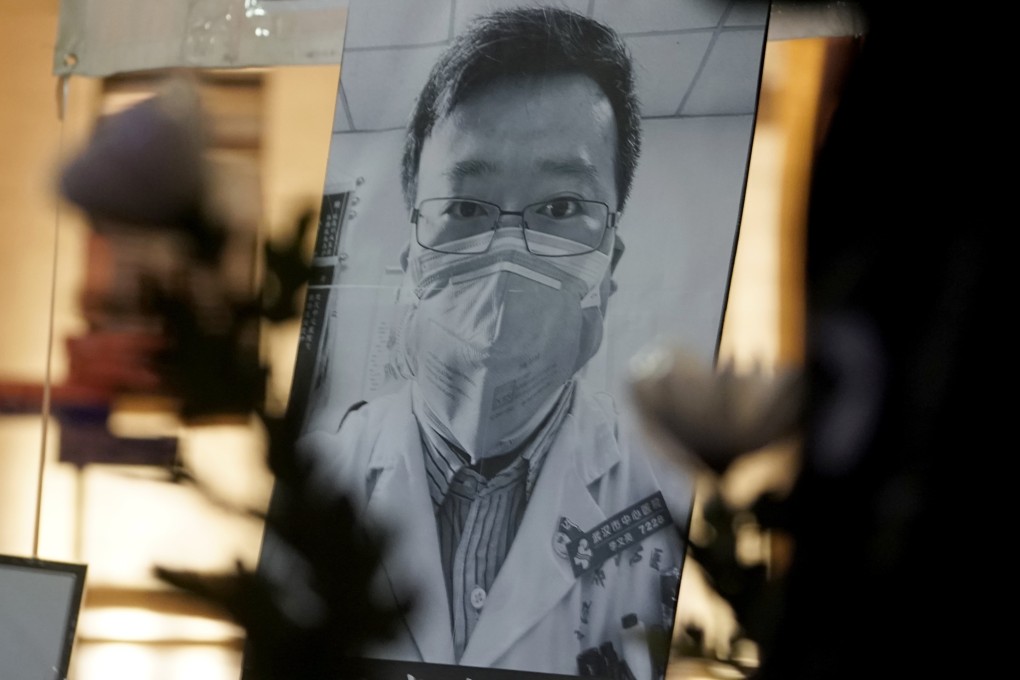Coronavirus: Li Wenliang’s death prompts academics to challenge Beijing on freedom of speech
- They also call on legislature to make February 6 – when whistle-blower doctor died – a national day for free speech
- Petition is gaining momentum online but some signatories have already come under pressure

The new virus strain has so far infected more than 44,000 people and killed more than 1,000 in mainland China, with cases reported in more than 20 other countries.

The petition, addressed to the National People’s Congress, lists five demands for Beijing: to protect people’s right to freedom of expression; to discuss the issue at NPC meetings; to make February 6, the day Li died, a national day for free speech; to ensure no one is punished, threatened, interrogated, censored or locked up for their speech, civil assembly, letters or communication; and to give equitable treatment, such as medical care, to people from Wuhan and Hubei province. Many people from the outbreak epicentre have reported experiencing discrimination elsewhere in the country as the virus has spread.
The petition is gaining momentum online, but some of the signatories have already come under pressure. They include Tsinghua University sociologist Guo Yuhua and her colleague, law professor Xu Zhangrun, whose accounts on social media network WeChat have been blocked.
Guo said the petition could be “another gesture that might not go very far before it’s stifled, but it’s important to take a stand”. “These days, one must speak up regardless of practicality,” she said.